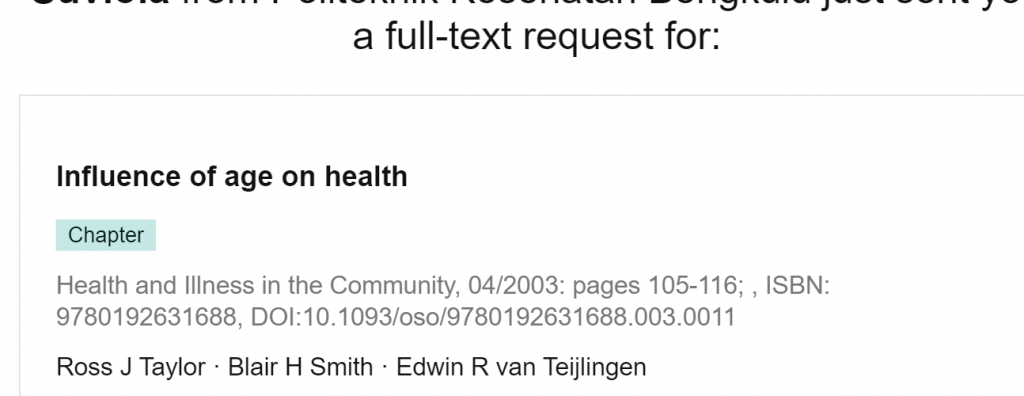 Any publishing academic will irregularly receive emails for copies of their papers, usually for papers which researchers or students can’t access through their own institution. Different universities have different expensive deals with publishers, and especially for universities in low-income countries this can be very limiting. Apart from requests for papers I also receive email requests for book chapter which are part of commercial textbooks, or people asking for a PDF, i.e. a free electronic copy, of the whole textbook. Recently I have also had a couple of requests for papers which are already freely available as Open Access publications. I assume the latter are simply requests from lazy students, who searched a bibliographic data base found several (many?) relevant papers. Without too much thinking they send quick automated email through ResearchGate, which is less work that searching for each actual Open Access paper online.
Any publishing academic will irregularly receive emails for copies of their papers, usually for papers which researchers or students can’t access through their own institution. Different universities have different expensive deals with publishers, and especially for universities in low-income countries this can be very limiting. Apart from requests for papers I also receive email requests for book chapter which are part of commercial textbooks, or people asking for a PDF, i.e. a free electronic copy, of the whole textbook. Recently I have also had a couple of requests for papers which are already freely available as Open Access publications. I assume the latter are simply requests from lazy students, who searched a bibliographic data base found several (many?) relevant papers. Without too much thinking they send quick automated email through ResearchGate, which is less work that searching for each actual Open Access paper online.
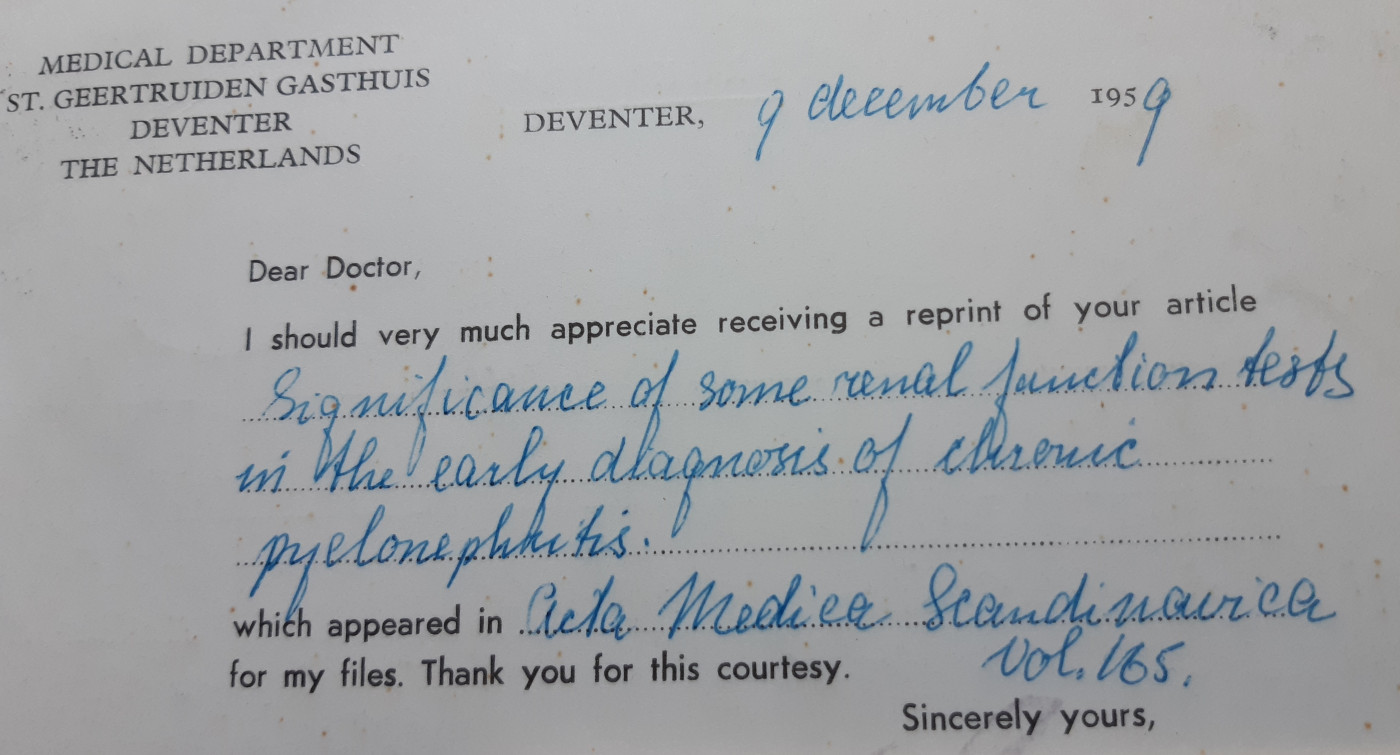 It did not always use to be that easy to approach an academic for a copy of their scientific paper. When I started as a PhD student, before the widespread use of the internet, if your university library did not have a subscription to the journal you were looking for, you would write a short letter to an academic author, post the letter, and if your were lucky, receive a printed copy of the requested paper in the post a few weeks later. The more established academics would have pre-printed postcards to speed up the process of requesting an academic paper. The photo of the 1959 (for the record this was before I was born!) shows one of such cards from a doctor based in the Netherlands. The effort involved meant you asked only for papers you were pretty sure where central to your research, you would not do the equivalent of sending out 40 emails, hoping to get PDFs of six or seven papers relevant to your essay topic.
It did not always use to be that easy to approach an academic for a copy of their scientific paper. When I started as a PhD student, before the widespread use of the internet, if your university library did not have a subscription to the journal you were looking for, you would write a short letter to an academic author, post the letter, and if your were lucky, receive a printed copy of the requested paper in the post a few weeks later. The more established academics would have pre-printed postcards to speed up the process of requesting an academic paper. The photo of the 1959 (for the record this was before I was born!) shows one of such cards from a doctor based in the Netherlands. The effort involved meant you asked only for papers you were pretty sure where central to your research, you would not do the equivalent of sending out 40 emails, hoping to get PDFs of six or seven papers relevant to your essay topic.
Prof. Edwin van Teijlingen


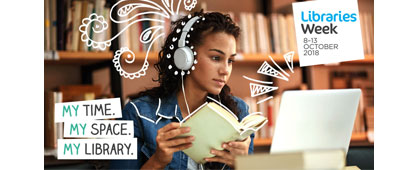
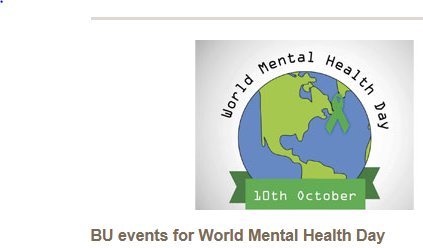
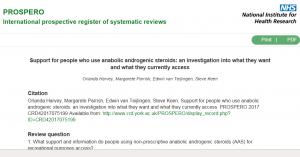
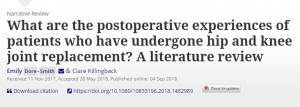
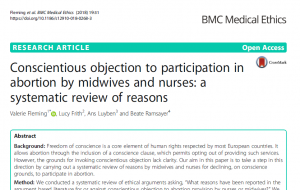
 RKEO are pleased to announce that we have just launched a new successful application library, which is available to all BU staff through MyBU in the BU: Research and Knowledge Exchange Framework Community. It is a collection of successful applications that BU staff have made to research councils, the European Union, charities, government departments and other funding sources.
RKEO are pleased to announce that we have just launched a new successful application library, which is available to all BU staff through MyBU in the BU: Research and Knowledge Exchange Framework Community. It is a collection of successful applications that BU staff have made to research councils, the European Union, charities, government departments and other funding sources. 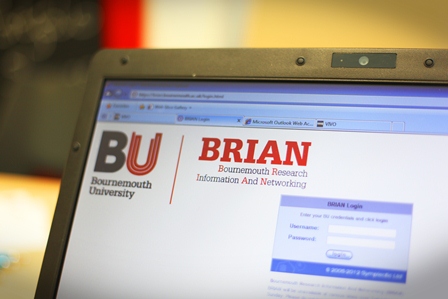

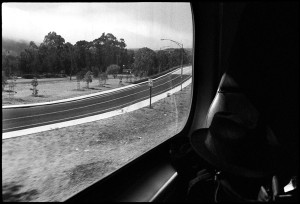 Last week I was sitting on the train, on route to a rather dull meeting in London, and wading through a brief case full of glossy reports and papers that had been accumulating in the in tray for several weeks. Not the sort of reading that usually has the pulse racing or the pages turning. I could at this point make reference to the latest Charles Cumming spy thriller but I will refrain and finish this piece so I can catch a few pages later. Any way in the stack of reading was a report published earlier in the year by the Research Information Network on the
Last week I was sitting on the train, on route to a rather dull meeting in London, and wading through a brief case full of glossy reports and papers that had been accumulating in the in tray for several weeks. Not the sort of reading that usually has the pulse racing or the pages turning. I could at this point make reference to the latest Charles Cumming spy thriller but I will refrain and finish this piece so I can catch a few pages later. Any way in the stack of reading was a report published earlier in the year by the Research Information Network on the 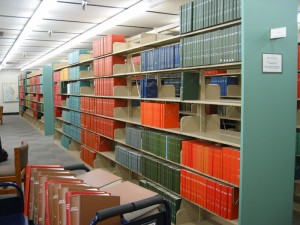 As I think I have reported before I have fond memories of the basement stacks of Queen Mary where as an undergraduate I used to spend my days lost in the shelves of geology journals. A few years later I can still remember how as a new academic one would wait for the post every day and the return from review of a cherished manuscripts and the all-important editor’s letter with the verdict; all now things of the past with electronic submission and on-line publishing. The journal names remain the same but I can’t remember the last time I actually set foot in the library in search of a paper yet my weekly reading list grows longer constantly as electronic alerts draw my attention to the productivity of my colleagues. However nostalgic I may feel about paper copy it is a thing of the past as almost all journals these days are provided as e-journals.
As I think I have reported before I have fond memories of the basement stacks of Queen Mary where as an undergraduate I used to spend my days lost in the shelves of geology journals. A few years later I can still remember how as a new academic one would wait for the post every day and the return from review of a cherished manuscripts and the all-important editor’s letter with the verdict; all now things of the past with electronic submission and on-line publishing. The journal names remain the same but I can’t remember the last time I actually set foot in the library in search of a paper yet my weekly reading list grows longer constantly as electronic alerts draw my attention to the productivity of my colleagues. However nostalgic I may feel about paper copy it is a thing of the past as almost all journals these days are provided as e-journals.













 UKCGE Recognised Research Supervision Programme: Deadline Approaching
UKCGE Recognised Research Supervision Programme: Deadline Approaching SPROUT: From Sustainable Research to Sustainable Research Lives
SPROUT: From Sustainable Research to Sustainable Research Lives BRIAN upgrade and new look
BRIAN upgrade and new look Seeing the fruits of your labour in Bangladesh
Seeing the fruits of your labour in Bangladesh Exploring Embodied Research: Body Map Storytelling Workshop & Research Seminar
Exploring Embodied Research: Body Map Storytelling Workshop & Research Seminar ECR Funding Open Call: Research Culture & Community Grant – Apply now
ECR Funding Open Call: Research Culture & Community Grant – Apply now ECR Funding Open Call: Research Culture & Community Grant – Application Deadline Friday 12 December
ECR Funding Open Call: Research Culture & Community Grant – Application Deadline Friday 12 December MSCA Postdoctoral Fellowships 2025 Call
MSCA Postdoctoral Fellowships 2025 Call ERC Advanced Grant 2025 Webinar
ERC Advanced Grant 2025 Webinar Update on UKRO services
Update on UKRO services European research project exploring use of ‘virtual twins’ to better manage metabolic associated fatty liver disease
European research project exploring use of ‘virtual twins’ to better manage metabolic associated fatty liver disease